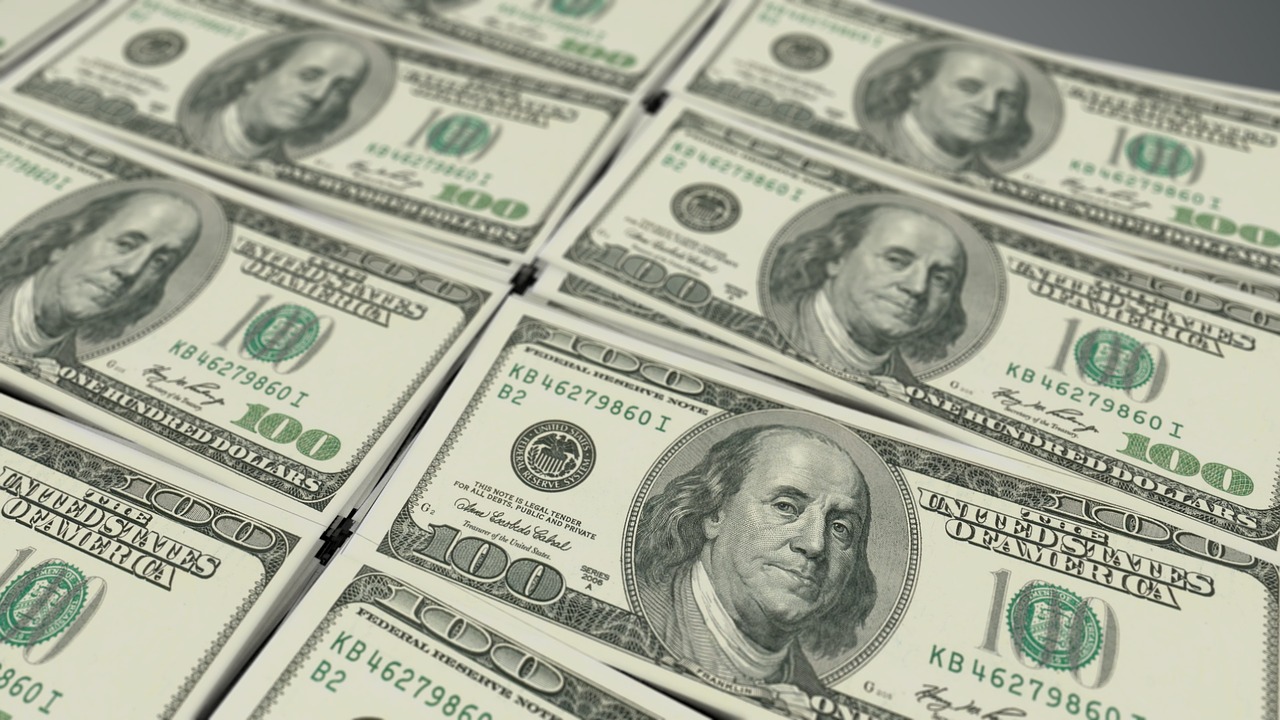Billions of dollars are accumulating in Moscow beyond the reach of its foreign owners.
Stock dividends, interest payments on bonds and anything else that Western investors didn’t sell before the war — it’s all part of the pile of money that’s been trapped by sanctions.
Q4 2022 hedge fund letters, conferences and more

The accounts are remnants of what’s left of Russia’s ties to the world of international finance, and another marker of its growing isolation. As Russia’s invasion of Ukraine begins a second year and anti-war demonstrations take place this week, questions remain about what will happen to the cash stuck in Moscow.
Legally, the money belongs to some of the biggest investment houses, like JPMorgan Asset Management and Schroders Plc, but privately most acknowledge there’s no hope of recovery. At least, not while Vladimir Putin remains leader.
“You have marked it to zero, you have to forget about it,” said Tim Love at GAM Investment Management, who owned Russian stocks as part of an emerging equity fund. “The market is still there, but when one talks of repatriating dividends or accessing the underlying security, it all comes down to sanctions.”
In conversations, money managers speak about the issue with some frustration, and many don’t want to talk on the record about owning Russian assets while there’s a war going on. Unless they’re willing to test the boundaries of sanctions, they can’t do anything with the cash.
At a press conference this month, Central Bank Governor Elvira Nabiullina declined to disclose how much money is in special non-resident bank accounts, known as Type C, but said it continues to grow.
Interfax reported in November these accounts hold more than 280 billion rubles ($3.7 billion), citing regulatory sources. Bank of Russia representatives declined to comment.
Read the full article here by Sujata Rao, Advisor Perspectives.


